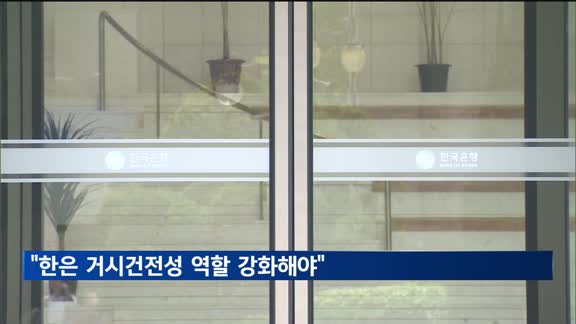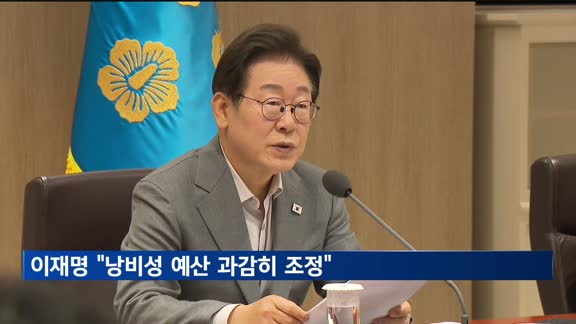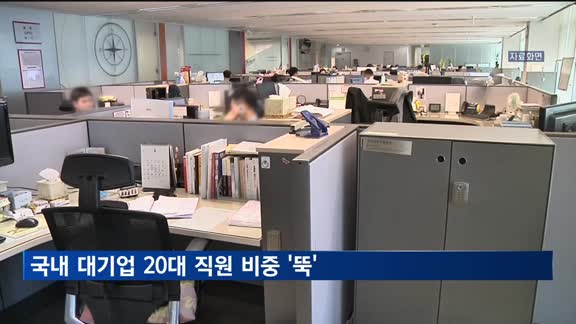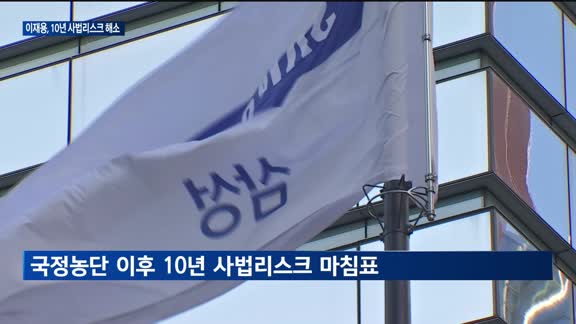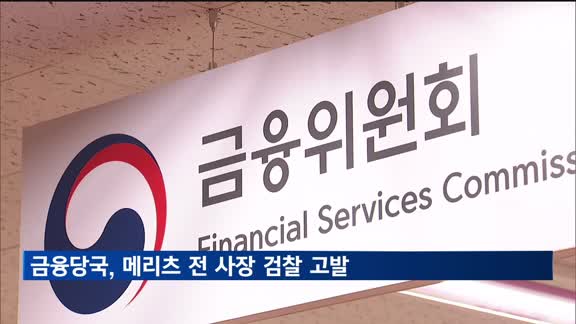화제의 뉴스
오늘의 이슈픽
인기 영상
가장 많이 본 뉴스
- 1가상화폐 3개 법안 미 하원 통과…'엑스알피' 최고...
- 2K-방산주, 조정 후 반등…하반기 날아오를까
- 3[집중취재] 한미 관세협상 본게임…막판 '조율 진통...
- 4"SK하이닉스 2026년 HBM 물량 확정까지는 노...
- 5[밸류업5000] 밸류업에서 상법개정까지…금융주 질...
- 6증시 오늘 '핫이슈'…"MSCI 8월 정기변경 심사...
- 7[경제토크쇼픽] 이창영 “지방은행 개념 ‘지역은행’...
- 8'홈케어'가 바꾼 가전…'셀프케어' 열풍에 웰니스 ...
- 9이재용, 10년 사법리스크 털었다…재계 "한국경제에...
- 10엔지더블유, 늘푸른농장과 전략적 파트너십 체결
투데이 포커스
화제의 뉴스
포토뉴스

